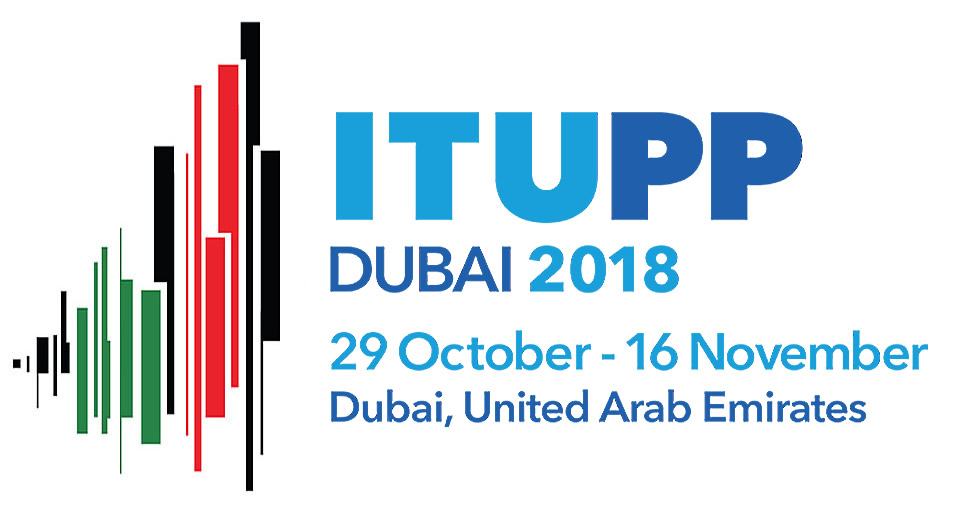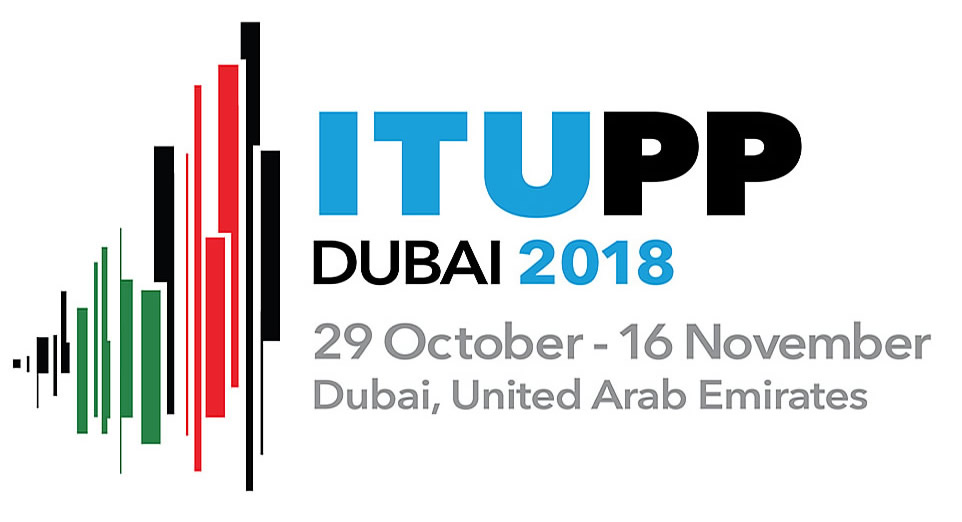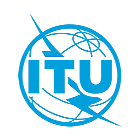This is the version of the backgrounder prepared for the Plenipotentiary 2018 Conference in October/November 2018. For the most recent version of this backgrounder, please see here.
We encounter ITU’s global standards every day without knowing it. A hidden part of the information and communication (ICT) networks and devices we all use every day, ITU standards are rarely perceived by users but vital to assuring ICT equipment and devices manufactured by hundreds of thousands of different companies around the world interoperate seamlessly. ITU standards provide developers with a global market, enabling economies of scale in production and deployment that translate into benefits for users in both cost and functionality.
An estimated 95 per cent of international communications traffic runs over optical transport networks built in conformance with ITU standards. ITU standards define the Terabit-capable Optical Transport Network as well as advanced broadband access technologies such as 40-Gigabit-capable Fibre to the Home (NG-PON2) and G.fast, a standard taking broadband access speeds over traditional telephone wires beyond 2 Gigabits per second (Gbits/s).
Video will account for over 80 per cent of all Internet traffic by 2020. The majority of this video traffic will be coded using international standards developed in collaboration by IEC, ISO and ITU. This collaborative work has been honoured with two Primetime Emmy Awards, the first in 2008 in recognition of ITU H.264 'Advanced Video Coding' and the second in 2018 in recognition of ITU H.265 'High Efficiency Video Coding'.
High priority has been assigned to ITU-T standardization work on the non-radio elements of IMT-2020 (5G) systems. Software-driven network management and orchestration continues to transform telecom operations. ITU-T’s 5G work is supporting this transformation with the development of new standards for networking innovation, the evolution of the transport network, and environmental sustainability.
More than 50 cities worldwide are measuring their progress using ‘Key Performance Indicators for Smart Sustainable Cities’ based on ITU standards. ITU-T standardization work for the Internet of Things (IoT) and smart cities supports interoperability and efficient data processing and management. This work continues to build collaboration between standards developers and city leaders, helping smart city innovators to innovate efficiently and at scale.
Standards need standards-making bodies. ITU is globally recognized as the world’s pre-eminent standards-making body for the ICT industry. ITU’s Telecommunication Standardardization Sector (ITU-T) and executive arm, the Telecommunication Standardization Bureau (TSB), play a crucial role in defining the core transport and access technologies that underpin communications networks around the world. Today’s advanced wireless, broadband and multimedia technologies are all powered by ITU standards.
Globally inclusive, market-driven standardization
ITU-T standardization work is driven predominantly by ITU’s private-sector members. Industry players come together at ITU to develop voluntary international standards (ITU-T Recommendations) that meet their need for common platforms that facilitate industry growth and innovation.
Over 300 ITU-T standards are released each year, resulting from the collaboration of thousands of experts that work year-round to develop the technical standards necessary to the cohesion of the global ICT ecosystem.
The principles underlying the ITU-T standardization process ensure that all voices are heard, that efforts to develop standards do not favour particular commercial interests, and that resulting standards have the consensus-derived support of the diverse set of stakeholders that comprise the ITU membership.
ITU-T successes in standardization are significant feats of international collaboration. These standards are developed by representatives of ITU’s membership of 193 Member States, over 700 private-sector entities, and over 150 academic and research institutes.
The inclusivity of the ITU-T standardization platform – supported by the ITU Bridging the Standardization Gap programme – assists in offering all the world’s countries equal opportunity to benefit from the ICT advances changing our world.
Committed to consensus
ITU-T’s contribution-led standardization process is beholden to a longstanding commitment to consensus-based decision-making.
Standardization work on a particular subject is initiated in response to consensus by ITU members on the inclusion of that subject in ITU-T’s work plan. Similarly, the standards developed as a result are approved when ITU’s membership reaches consensus on their composition.
ITU standards are voluntary technical standards – conformance to these standards is not mandatory unless such conformance is mandated by national law. Although implementation is voluntary, the approval of ITU standards by consensus helps to achieve the buy-in of all stakeholders, increasing the likelihood that these standards will be implemented worldwide.
Evolving ITU-T membership
ITU-T membership continues to evolve as other industry sectors scale-up their adoption of ICTs as ‘enabling technologies’ to innovate their service offerings and increase their efficiency. ITU-T standardization supports ICT-enabled innovation in fields such as energy, health, automotive, financial services, and smart cities.
ITU-T membership has taken a sharp upward trajectory, welcoming 38 new industry players in 2018.
New ITU-T members include mobile virtual network operators and enablers (MVNOs and MVNEs), manufacturers of unmanned aerial vehicles, telematics and automotive companies, “over-the-top” service providers delivering services over existing infrastructure (OTTs), insurance companies, energy utilities, and companies specializing in quantum cryptography and quantum communications.
Collaborate on the ITU-T platform
The shape of the ITU-T standardization platform is reviewed every four years at an ITU governing conference known as the World Telecommunication Standardization Assembly (WTSA).
Membership-driven Study Groups develop international standards. Open-to-all Focus Groups accelerate studies in fields of growing strategic relevance to ITU membership. Open-to all Workshops and Symposia analyze emerging trends and encourage peer-learning.
Learn more about the innovation supported by ITU standards in the infographic below.




